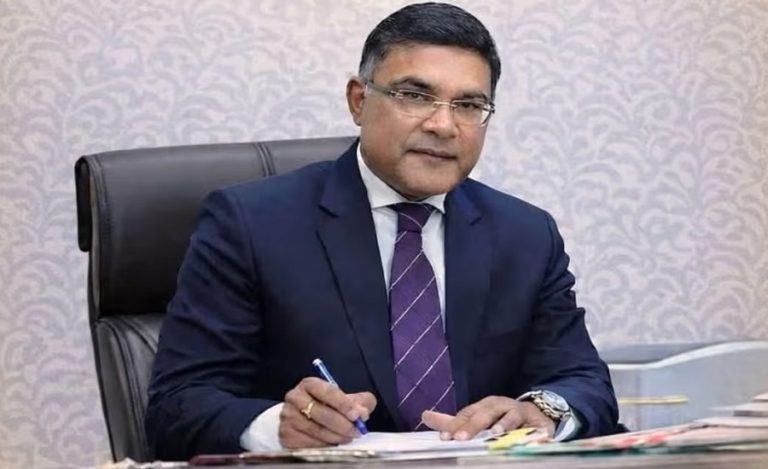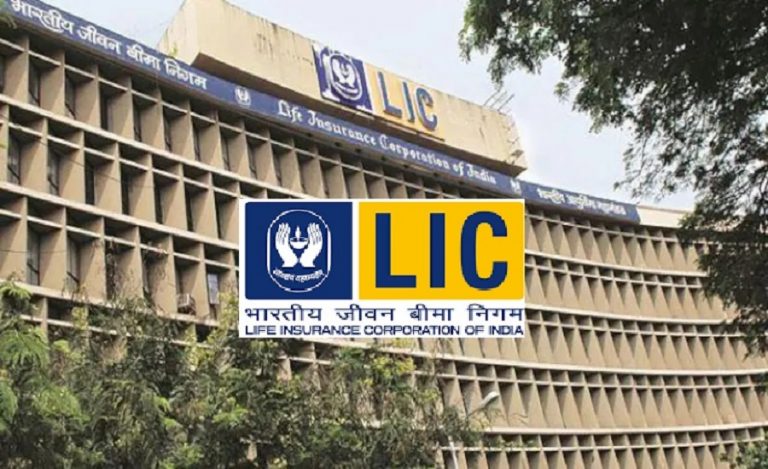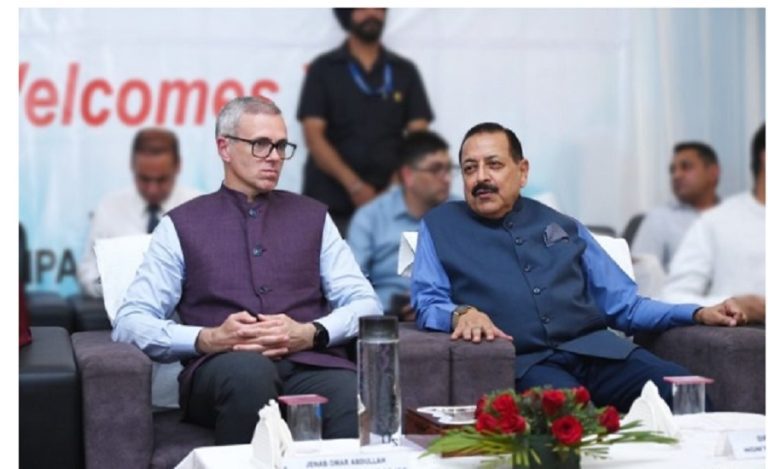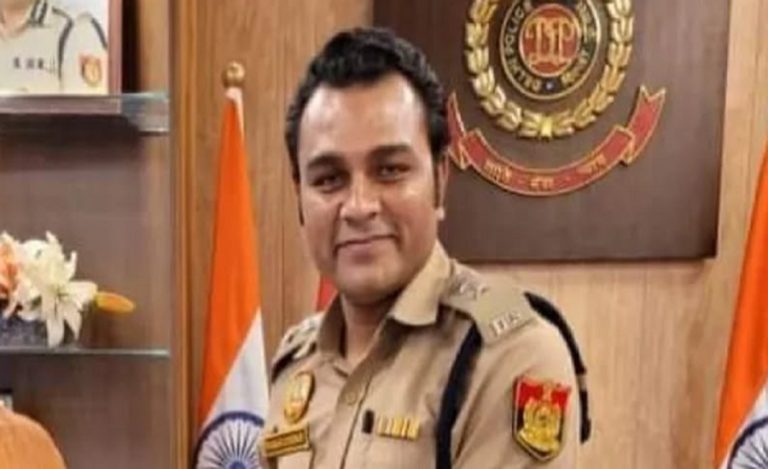Language became a barrier for the people of East Jaintia Hills district of Meghalaya when they couldn’t understand the schemes launched by the government, as the material was either in English or Khasi language. Thus, a podcast in Pnar, the language spoken by the Jaintia people, initiated by the Deputy Commissioner, came as blessing to them as it incorporates all the details of the schemes.
Speaking to Indian Masterminds, IAS officer Abhilash Baranwal who is the Deputy Commissioner of East Jaintia Hills District, Khliehriat, Meghalaya shared details about the podcast, that was his brainchild.
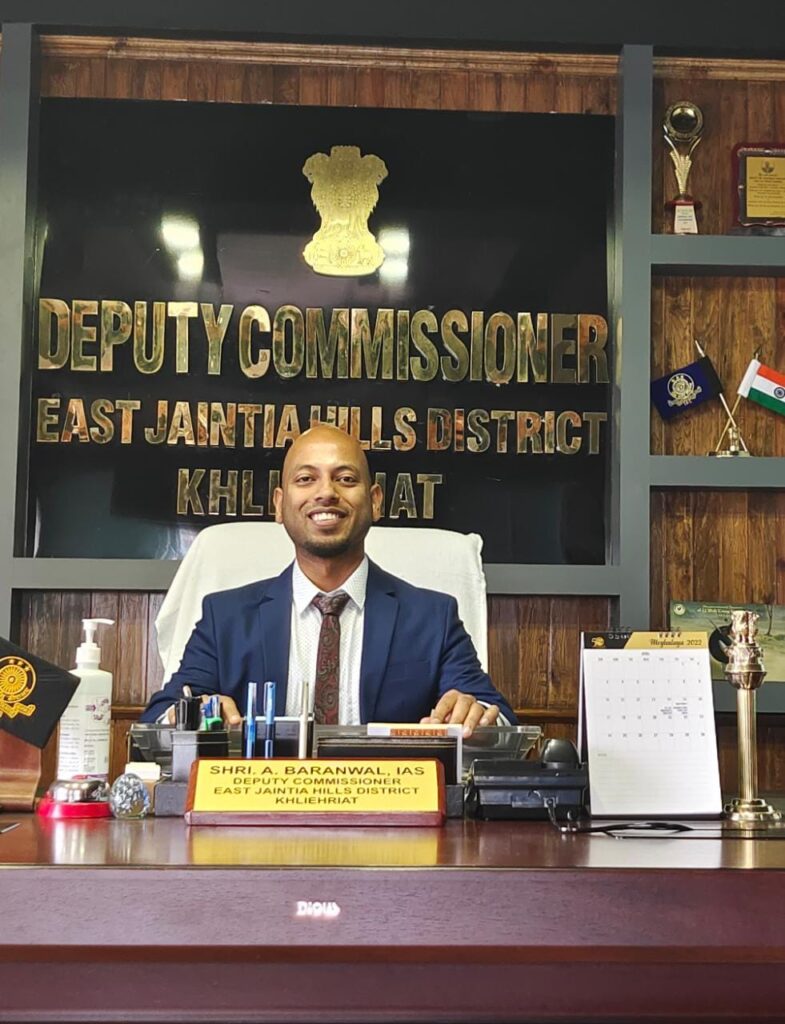
THE PODCAST
The Government of Meghalaya started launching many schemes, and most of the deadline were quite swift. On the field, the Mr. Baranwal noticed that most of the time people have heard about the schemes, but were pretty clueless about how to go about it. These new schemes were being implemented through some project teams which do not have an established presence in the villages. So, nobody was there to guide them on how to avail the benefits of these schemes.
“As we inquired further, we realized that although the people are aware about the old schemes like Ujjwala Yojana, PM Kishan Yojana, etc., they don’t have the clarity on how to avail those schemes, as in, which documents are required, and so on,” Mr. Baranwal said.
On further inquiry, the people also shared that they spend so much money to visit the government offices only to be told that they do not have some of the documents. So, ultimately, either they have to let go of the scheme or have to take help from people who act as intermediaries and charge high fees.
So, to solve all these problems, Mr. Baranwal started the podcast named ‘DC East Jaintia Hills’.
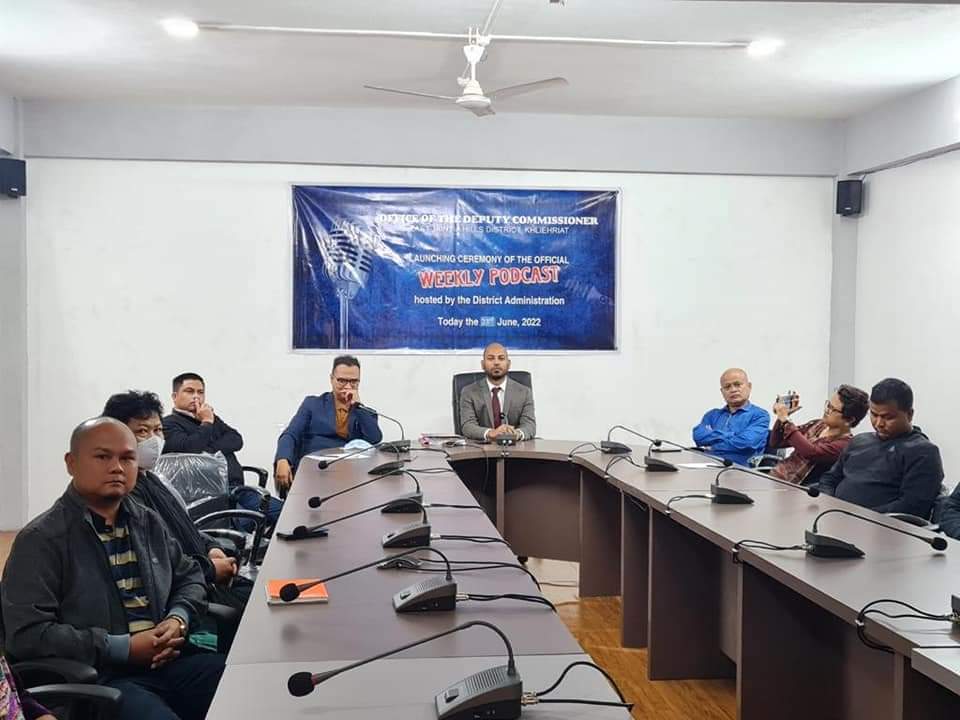
LANGUAGE BARRIER
In the East Jainta district, the rural people do not understand the Khasi language that is spoken widely in Megahalaya, and most of the government schemes information, and the Information Education Communication (IEC) material are either in English or Khasi language. The people here speak Pnar, the language of the Jaintia community.
“So, we decided to go ahead with the podcast model. Basically, we wanted to do something which answers the relevant questions of people. Even the IEC material does not give precise details about the kind of documents required, and other things. So, the idea was to have an interview in which somebody asks these pertinent questions from the standpoint of a common citizen and somebody would answer those questions as precisely as possible, so that people are empowered with the requisite information,” Mr. Baranwal said.
PODCAST MEDIUM
Originally, the officer’s idea was to upload the podcast on their Facebook page only. However, before their first podcast could come, Facebook disabled the feature. So, they started uploading it on Spotify, Anchor, and Google Podcast. The same podcast, but with a background image, is converted to a video format and uploaded on their YouTube channel. Simultaneously, the MP3 is shared on all the WhatsApp groups of the district.
“We chose the podcast over video because, firstly, the circulation is easy, people can easily transfer the MP3 podcast over mobile phones through bluetooth,” he said.
“We chose the podcast over video because, firstly, the circulation is easy, people can easily transfer the MP3 podcast over mobile phones through bluetooth,” he said.
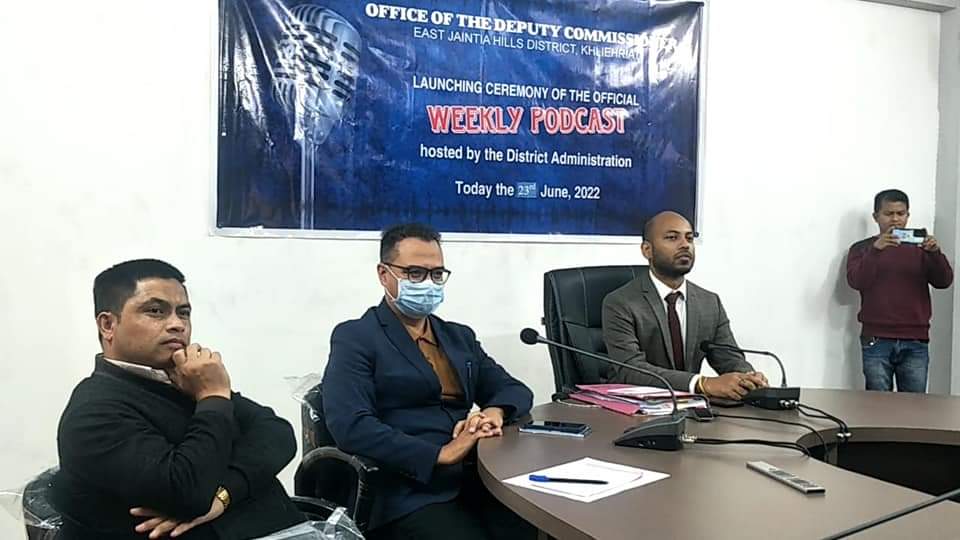
PUBLIC FEEDBACK
Mr. Baranwal further said that the people are very happy about the podcast and the best feedback they are getting from them is that they no longer have to make multiple rounds of the offices. Recently, the Government of Meghalaya implemented a new scheme named Payment for Ecosystem Services (PES), in which, the communities and villages are paid an annual compensation or a kind of incentive for maintaining forests in the villages.
“So, for the East Jaintia Hills district, we have 200 applications while we have 195 villages. In the adjacent district, they have 326 villages but only 43 applications. So, all these could have only been possible because of the detailed information provided to the public in their language through the podcast,” Mr. Baranwal said.
TAKING UP SOCIAL CAUSES
As of now, the podcast is only covering government schemes, but the officer ultimately aims at evolving the podcast into an effective medium of communication between the administration and the public. Hence, they have started incorporating interviews of the achievers of the district in the podcast. “We have an archer who has brought laurels to the district. So, his interview has been uploaded in the podcast. We also aim to take up social causes like crime against women, domestic abuse, cybercrime, drug abuse, etc.” the officer informed Indian Masterminds.
A podcast on cybercrime has already been uploaded in the portal, after the administration received feedback from the police that many people are falling prey to cyber crimes. So, through the podcast, they have tried to disseminate awareness about such crimes, and how to protect oneself from falling prey to cyber criminals. “Eventually, the podcast will be the voice of the Jaintia people,” Mr. Baranwal said in conclusion.








